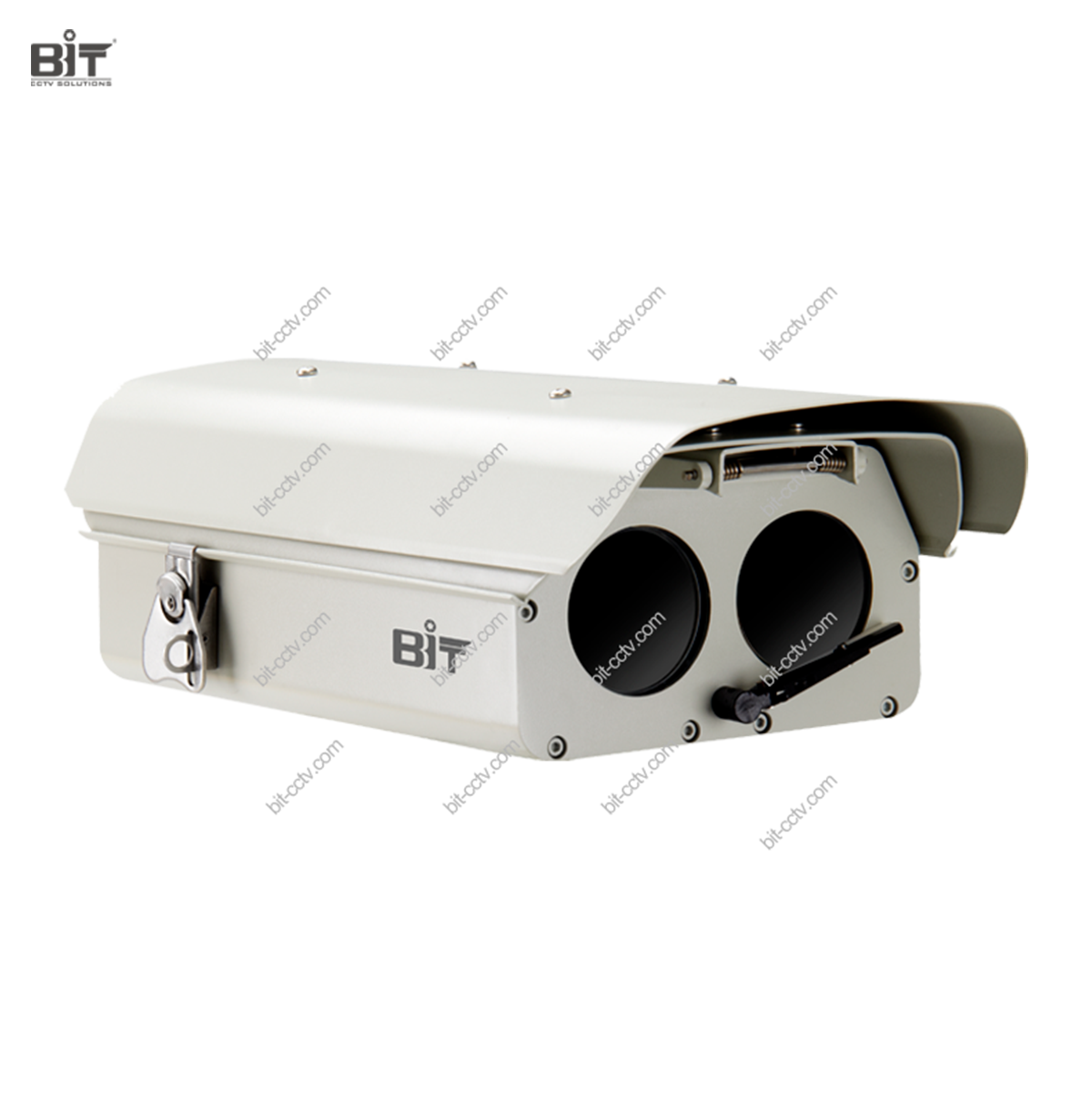
html
Dual Window Camera Housing Design for Enhanced Imaging
In the rapidly evolving field of imaging technology, the design of camera housings plays a crucial role in ensuring optimal performance. One innovative solution that has gained traction is the dual window camera housing, which offers significant advantages for enhanced imaging capabilities.
What is a Dual Window Camera Housing?
A dual window camera housing is a specialized enclosure designed with two optical windows, allowing for improved light capture and reduced distortion. This design is particularly beneficial in applications where precision and clarity are paramount, such as in medical imaging, industrial inspection, and underwater photography.
Key Benefits of Dual Window Camera Housings
The dual window design provides several advantages over traditional single-window housings:
- Enhanced Light Transmission: The additional window allows more light to reach the sensor, improving image quality in low-light conditions.
- Reduced Optical Distortion: By distributing the optical path across two windows, aberrations and distortions are minimized.
- Improved Durability: The dual-window configuration can offer better protection against environmental factors like pressure and moisture.
- Versatility: This design accommodates various lens configurations and imaging requirements.
Keyword: dual window camera housing
Applications of Dual Window Camera Housings
This innovative housing design finds applications in numerous fields:
- Medical Imaging: Provides clearer images for endoscopic procedures and diagnostic equipment.
- Industrial Inspection: Enhances quality control processes in manufacturing environments.
- Underwater Photography: Maintains image clarity despite water refraction and pressure changes.
- Scientific Research: Supports high-precision imaging in laboratory settings.
Design Considerations for Dual Window Housings
When developing a dual window camera housing, engineers must consider several factors:
- Window material selection (typically optical-grade glass or sapphire)
- Precise alignment of optical elements
- Sealing mechanisms for environmental protection
- Thermal management properties
- Compatibility with various camera sensors
Future Developments in Camera Housing Technology
As imaging technology continues to advance, we can expect to see further refinements in dual window camera housing designs. Potential developments include:
- Smart coatings that automatically adjust to lighting conditions
- Integration with AI-powered image processing
- More compact designs without compromising optical performance
- Advanced materials that offer better protection with less weight
The dual window camera housing represents a significant step forward in imaging technology, offering professionals across various industries the tools they need to capture clearer, more accurate images in challenging environments.
